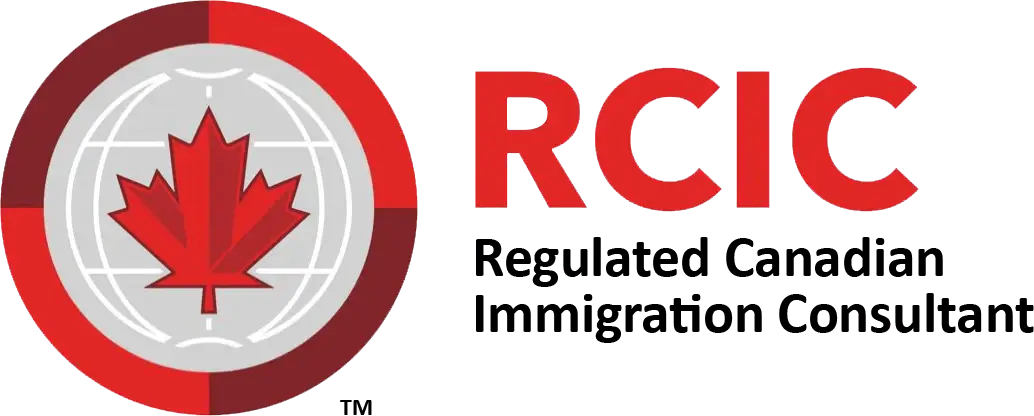Canada Reveals Breakdown of Study Permit Allocation by Province, Shares Further Details on PALs
Canada has recently announced the breakdown of study permit allocation by province, along with additional details on the Provincial Attestation Letters (PALs) system. This move comes as part of the government’s efforts to better manage the number of incoming international students, ensure sustainability, and maintain the quality of education.
At Visa Master Canada, we are committed to keeping students informed about the latest policy changes so they can plan their study abroad journey with confidence.
What is the Study Permit Allocation by Province?
The Government of Canada has introduced a study permit cap that limits the number of new international student permits issued each year. To implement this fairly, the total cap has been divided among provinces and territories based on their population size and institutional capacity.
This means:
- Larger provinces like Ontario and British Columbia will receive higher allocations.
- Smaller provinces such as Prince Edward Island, Newfoundland and Labrador, and the territories will have smaller shares.
- The goal is to ensure international students are spread more evenly across the country, reducing the concentration in major cities.
Why Did Canada Introduce Provincial Attestation Letters (PALs)?
Starting in 2024, international students applying for a study permit must include a Provincial Attestation Letter (PAL) with their application.
PALs serve several purposes:
- They confirm that the student is counted within the province’s allocation.
- They prevent fraudulent or duplicate study permit applications.
- They ensure that provinces can manage the number of students arriving.
Each province has its own system for issuing PALs, and students must apply through their chosen institution to receive one.
How Provinces Benefit from Study Permit Allocation
The new system ensures that:
- Educational institutions remain sustainable and not overwhelmed by rapid student growth.
- Housing challenges are better managed, especially in provinces experiencing shortages.
- Students are encouraged to study in different regions of Canada, opening opportunities beyond major cities.
This creates a balanced environment where students can access quality education while provinces maintain capacity.
What This Means for International Students
If you are planning to study in Canada, here’s what you need to know:
- Check Your Province’s Allocation
- Provinces with higher allocations may have more seats available for students.
- Smaller provinces may have limited spots but offer less competition.
- Secure a Provincial Attestation Letter (PAL)
- You cannot apply for a study permit without this document.
- Contact your institution to understand how to obtain your PAL.
- Plan Early
- Due to the study permit cap, spots may fill up quickly.
- Submitting your application early improves your chances.
How Visa Master Canada Can Help
At Visa Master Canada, we guide students step by step through the new study permit process. Our services include:
- Helping you understand study permit allocation by province in Canada.
- Assisting in obtaining your Provincial Attestation Letter (PAL).
- Ensuring your study permit application is complete and strong.
- Advising on the best provinces and institutions based on your career goals.
The study permit allocation by province in Canada, along with the requirement for Provincial Attestation Letters (PALs), marks a significant shift in how international education is managed. While the new system may seem challenging, it ensures fair distribution of students and helps Canada maintain high-quality education for everyone.
If you’re planning to study in Canada, trust Visa Master Canada to guide you through every step — from securing your PAL to applying for your study permit successfully.


